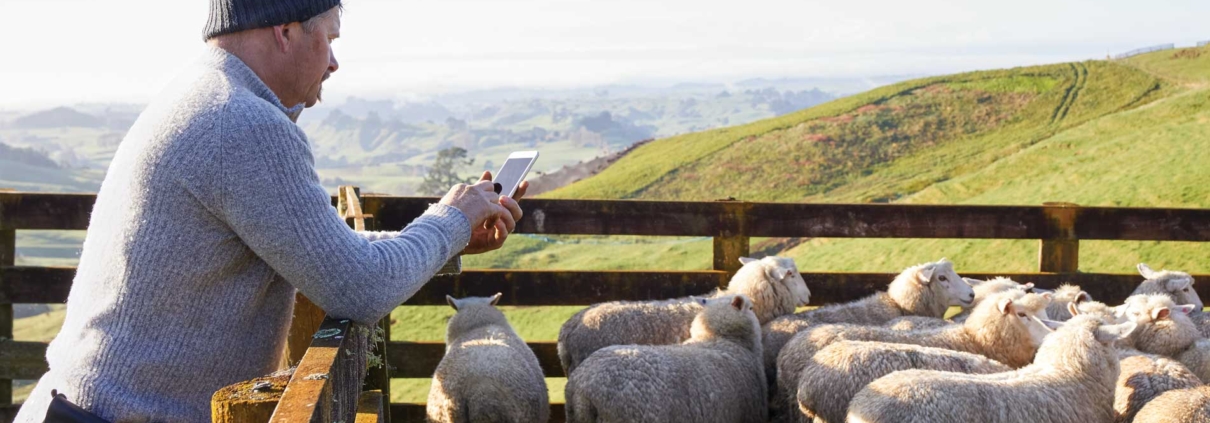Brief Bites, 27th March
Alliance Farmer Shareholder News
In this edition:
- Capacity update including plant processing summary
- Minimum Price Contracts
- A letter to New Zealand farmers
- Community spirit alive and well in Western Southland
- Support services for farmers
- Appointment to the Beef + Lamb New Zealand Board and the New Zealand Meat Board
- Interest on overdue accounts
- Global market update, including Russia and Ukraine
Capacity update
Our thoughts are with those farmers in Southland experiencing the extreme dry conditions and those in the North Island dealing with flooding. These weather events, coupled with the ongoing COVID-19 disruption, mean it is a difficult time for the sector and it is certainly testing our resilience and fortitude.
Processing capacity is beginning to recover across our plant network as staff return to work from isolation, although Southland remains a challenge.
We appreciate your patience in the face of these unavoidable processing delays – we are doing everything we can to turn on as much capacity as possible. This includes working overtime at plants where we can, moving livestock across our plant network to maximise processing volumes and prioritising processing for farmers with potential on-farm animal welfare issues due to the dry conditions.
A number of Southland farmers are already using our free store stock facilitation service to move large numbers of stock between breeder and finisher, particularly from Southland to Canterbury.
Our livestock representatives are keeping in close contact with our farmers to discuss their individual circumstances. They are here to help you manage through these tough times.
Plant processing summary, as at March 27 (farmers should note the plant configurations could change as community outbreaks occur)
| Plant | Species | Shifts |
| Dannevirke | Processing ovine | Full tally day and night shifts |
| Levin | Processing ovine and bovine | Full tally day and night shifts |
| Nelson | Processing ovine | Full tally day and night shifts |
| Smithfield | Processing ovine and cervine | Full tally day and night shifts ovine Day shift only for venison. Nightshift to resume this week |
| Pukeuri | Processing ovine and bovine | Full tally day and night shifts |
| Mataura | Processing bovine | Full tally day and night shifts |
| Lorneville | Processing ovine and cervine | Day and night shifts for ovine and day shift for cervine operating (however, we are facing challenges staffing all chains) |
Minimum Price Contracts
We want to provide some pricing certainty for farmers, given the capacity constraints and have this week issued a number of MPCs.
The latest contracts are:
- South Island Lamb (May ‘22 – Jun ‘22)
- South Island Ewe (May ‘22 – Jun ‘22)
Also available are:
- Handpicked Beef (Apr’22-Jun’22)
- Silere (Aug ‘21-Jul ‘22)
- Handpicked Lamb (Aug ‘21-Sep ‘22)
- Angus Supply Programme (Jan ‘22-Sep ‘22).
When you sign an MPC, you can on the day of supply choose to supply under the contract or on the schedule – whichever option gives you the best price. So, if you participate in an MPC, it is worthwhile keeping an eye on the schedule.
A letter to New Zealand farmers
New Zealand meat processors and exporters, including Alliance Group, are committed to He Waka Eke Noa, the Primary Sector Climate Action Partnership.
You may have seen this Open Letter published in rural newspapers and other media outlets, encouraging farmers to have their say.
We must come up with an agricultural-specific emissions pricing framework through He Waka Eke Noa. If we do not agree a framework, the government has said it will put our sector into the ETS.
Feedback on the options suggest farmers overwhelmingly prefer a farm level emissions system and processors will be meeting shortly to see how we could support the implementation of such a programme.
Community spirit alive and well in Western Southland
Last week, we shared the story of Tuatapere farmer Nathan Parris, who broke his collarbone in five places in a fall from his dirt-bike recently. Earlier this week, Nathan spoke to Jesse Mulligan on Radio New Zealand about the accident and the help from Alliance Western Southland rep Blayne de Vries and the Waiau Rugby Club to crutch his lambs.
You can listen to the interview with Jesse here. Nathan also shared his story with the Southland Times: Read here.
Support services information for farmers
Farming can be a tough job at the best of times. We understand that farmers are under a great deal of pressure at the moment.
We are committed to supporting the mental well-being of our people and farmers and want to ensure everyone knows it is OK to ask for help when you need it. There are many specialised services available to care for farmers and the rural communities you are part of.
Many of these are listed on this Support Services flyer. Please remember your Livestock Rep is also a good point of contact and can help connect you with the relevant support services.
Appointment to the Beef + Lamb New Zealand Board and the New Zealand Meat Board
I have joined the B+LNZ Board and the New Zealand Meat Board as the new Processor-Exporter Appointee, replacing Tony Egan whose term has expired.
I am looking forward to contributing to the important issues the boards are focused on, including the issue of wholesale conversion of sheep and beef farmland to carbon farming and the work on climate change.
Interest on overdue accounts
We have some instances where store purchases are not being settled as per our agreed terms. Whilst there might be exceptional circumstances, going forward stores purchases will attract an interest charge (overdraft rate plus 2 per cent) if not paid within 14 days.
Otherwise, we in effect have farmers subsidising others’ activities. All farmers wishing to participate in the Alliance Stores Programme must sign the written terms and conditions, before any stores transaction is entered into.
Russia and Ukraine
Alliance Group does not export to Russia or Ukraine so we have no trade exposure to these countries, however we are closely monitoring the impact of the conflict on the global supply chain.
Update from our global markets
Lamb
Post-Easter production remains focused on frozen key account programmes but absenteeism in plants due to employees isolating as a result of COVID-19 has created a significant reduction in the output of added value cuts. European Union demand remains strong as in-market stocks are low on the back of disrupted supply and reduced production from New Zealand. The UK remains steady but the inability to export due to Brexit constraints could have a negative effect on pricing as we move into the Northern Hemisphere summer. The North America market continues to perform in both the retail and food service sectors but growing inflationary pressures is a concern. In China, the market remains favourable for the balance of the season. In the Middle East, the market continues to purchase volume commodity cuts to replenish in-market inventories.

Mutton
Mutton processing is well advanced although reduced capacity due to COVID-19 is causing a backlog of stock, which remain on grazing. The key volume markets of China, North America and wider Asia are firm for all cuts, which is underpinning the market. Indications are that the market will remain steady for the balance of the processing season. An appreciating NZ dollar is a concern as it will affect our ability to maintain market returns.
Venison
Frozen negotiations have concluded to all key European customers. Diversified sales of volume products to support retail programmes in China and North America are gathering momentum. This market spread has reduced potential exposure and is ensuring stability as we move towards the 2022 game season.
Beef
The Chinese market remains in good shape with the biggest challenge currently related to the supply chain. With the latest outbreak of COVID-19 in China, some port closures have impacted clearance rates, but wholesale market remains stable for both NZ and Australian beef, with South American prices slipping slightly. Grinding meat remains in demand in China at prices the same as or slightly higher than the US. The US market remains sluggish as importers take a low-risk approach to buying what they perceive as expensive lean grinding meat. Cheaper Brazilian grinding meat has now filled over 90% of its 2022 quota to the US, which presents an opportunity for NZ grinding meat as only 15% of the NZ quota has been used. Asian market demand remains firm with table cuts, beef cuts and trimmings all in demand.

Co-products/Specialty Ingredients & Materials
Demand across co-products is steady. Meal prices remain steady and our customer base is unaffected by the conflict in Ukraine so far. Strong wool in the North Island strengthened by a slight margin of +3c with strong demand seeing high clearance rates, however on the South Island, it dropped 12c.

Warm Regards

David Surveyor – Chief Executive
Follow us on Instagram:

For more information about Alliance, visit alliance.co.nz
You can update your preferences or unsubscribe from this list.








Leave a Reply
Want to join the discussion?Feel free to contribute!